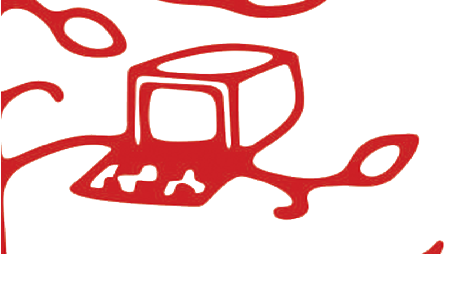
Codes of Practice, Craftspersons/ Artisanal, Education/Learning, Employment/ Livelihood
A Search for Sustainable Livelihoods Within Global Marketplaces: Adult Learning and Change Among Rural Artisans in Thailand
Jongeward, Carolyn
October, 2002
Community-based artisan enterprise development is a significant site of adult learning in rural Thailand. Sop Moei Arts enables poor Pwo Karen women and men to earn fair wages for work that draws from indigenous knowledge of weaving, encourages learning and innovation related to product development, and strengthens their communities.
Globally, rural artisans are learning to bridge social, cultural and economic divides to ensure the sustainability of their communities. Indigenous craft knowledge, skills, and aesthetics are being utilized to promote income generation and fair trade in the global marketplace. Livelihoods and cultural practices are being transformed as artisan enterprises strengthen local economies. This paper, based on research in Thailand, focuses on adult learning in the context of community enterprise development among weavers in rural North Thailand.
Globalization and the Asian economic crisis of 1997 have had profound impact on the lives of millions in Asia. Poverty is severe in rural Thailand where people did not benefit from the boom years of Thailand’s economic development; rather, they became victims of environmental destruction, industrialization, marginalization and displacement (Laird, 2000). Among the rural poor are artisans, many of whom are moving away from traditional livelihoods. Lack of access to raw materials and to markets, exploitation by middlemen, low prices for long hours of work, and the devaluing of rural village ways of life, keep wages at poverty level and undermine the sustainability of artisan communities.
However, the...
This is a preview. To access all the essays on the Global InCH Journal a modest subscription cost is being levied to cover costs of hosting, editing, peer reviewing etc. To subscribe, Click Here.
ALSO SEE
The Cultural Diversity Umbrella
Jongeward, Carolyn
A Directional Study Towards Empowerment
Patel, Usha Nehru



